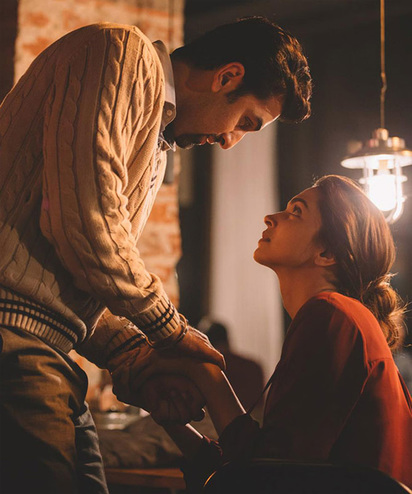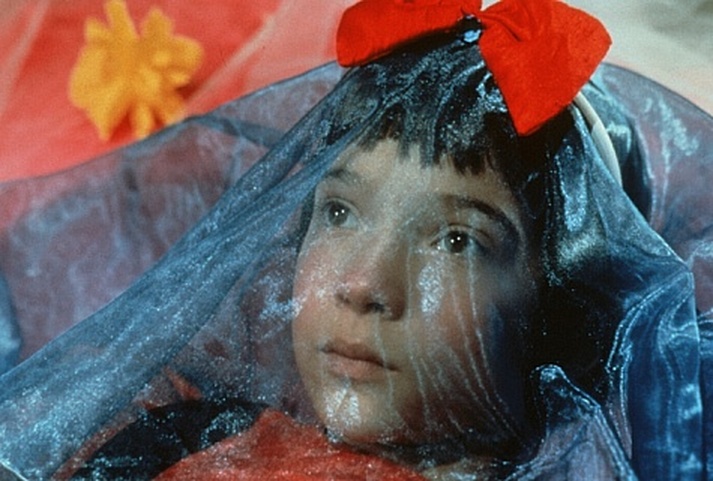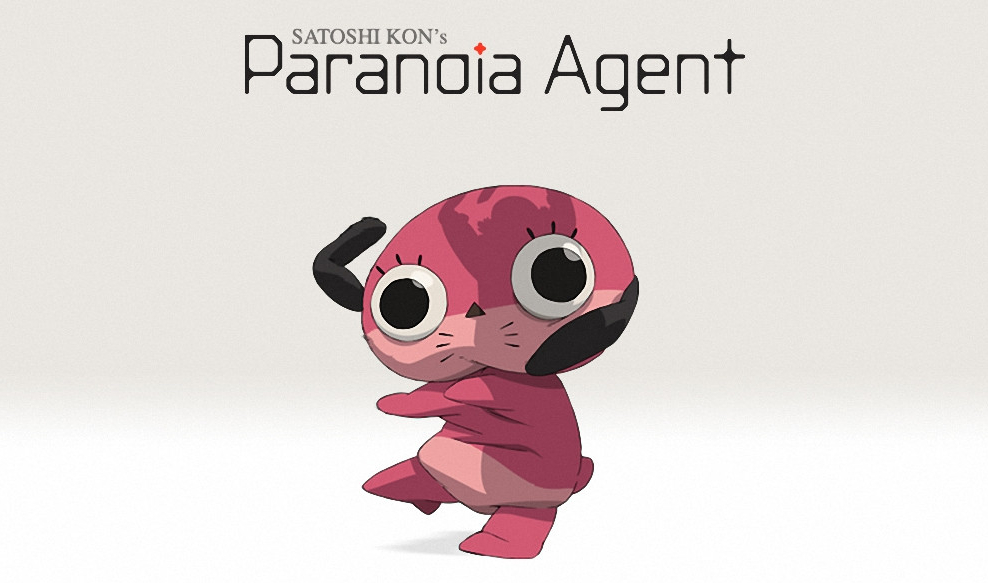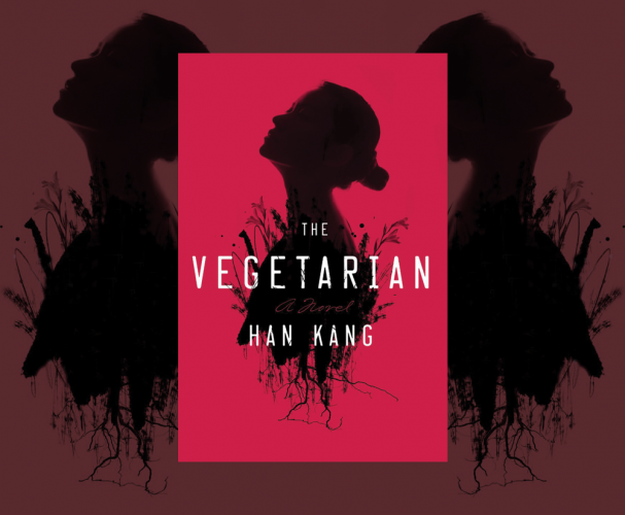|
by Luv Mehta Welcome to another edition of this recap on the new Doctor Who, from the eyes of a complete newbie! Last time, we covered Series Five, and while the new Doctor is pretty much perfect, I was somewhat disappointed by the overall story arc, the focus on the love triangle, the plot holes and the reduced focus on the rest of the supporting characters. Mostly, though, I was just disappointed that we didn’t get a story full of inventive sci-fi concepts on par with the best Doctor Who has to offer, with even the few fantastic efforts of the previous season mostly working on character interactions. As it turns out, my opinion turned out to be in the minority, with many people calling it the best series of NuWho. I really want to like this show, though, so I’m soldiering ahead with the next season and hoping I can find more brilliance.
0 Comments
by Harsh Vardhan On one of those lazy evenings, after I had just returned from an enervating train journey, and I didn’t want to do anything but lie down and watch something until I manage to burn my eyes and doze off to an everlasting sleep (you know what I mean), I stumbled onto Tamasha. Now, the reason why I went with Tamasha was pretty queer, although some of you might relate to it. I was browsing through my entertainment stack to look up for something that I could have watched, all while ceaselessly humming “Agar tum saath ho” from Tamasha. Now, I am sure most of you fathom the influence a song can have on your mind, and the impulsive spree it makes you go on. Long story short, I decided to watch Tamasha after all. by Anuja Pal I happened to come across Ma Vie En Rose on some obscure corner of the internet (not really). The film, a Belgian drama, is about a 7 year old boy named Ludovic Fabre, and his certain belief in the fact that he is a girl and his efforts to make everyone around him believe the same. Indeed, this isn't an easy quest, considering the time when the film is set in (going back almost twenty years) when traditional gender roles were still the strictly followed norm in most places. Although the fact that the film is Belgian must be explicitly mentioned, as it was, and continues to be, one of the most accepting countries when it comes to alternative genders and sexualities, having legalized same sex sexual activity way back in 1795. But even then, transgenders weren't as widely accepted as they are, today, and had to face an immense amount of societal prejudice to reach the position where they now stand, still far away from achieving equality, nevertheless. And this is what the film primarily focuses on - the reactions of society to the person that Ludovic is, starting from his parents to his father's boss and his best friend Jerome, who Ludovic states delightedly he will marry one day. Jerome also happens to be the son of the boss of Ludovic's father, bringing things to a boil when both the fathers realize that Ludovic harbours romantic feelings for Jerome. by Smita Ganguli “For many years, until I wrote my first book, The Mechanical Bride, I adopted an extremely moralistic approach to all environmental technology. I loathed machinery, I abominated cities, I equated the Industrial Revolution with original sin and mass media with the Fall. In short, I rejected almost every element of modern life in favour of a Rousseauvian[sic] utopianism. But gradually I perceived how sterile and useless this attitude was, and I began to realize that the greatest artists of the 20th Century – Yeats, Pound, Joyce, Eliot – had discovered a totally different approach, based on the identity of the processes of cognition and creation. I realized that artistic creation is the playback of ordinary experience – from trash to treasures. I ceased being a moralist and became a student.” - Marshall McLuhan, Playboy Magazine, March 1969 by Luv Mehta Once upon a time, the world had one of the greatest animation directors it would ever receive. This man, Satoshi Kon, delivered unto us stories of depressing nihilism and unbridled optimism, relentless realism and frequent fantasy, dichotomies sharing screen space to tell us tales of the downtrodden, the sad, the demented, the wistful and the hopeful. And then he passed away, and the world was a slightly darker place. But during his lifetime, he would make exactly one anime series. The ultimate expression of reality and fantasy being one and the same, a series that pulled no punches when it came to its themes and characters. And as that title implies, Paranoia Agent has never been more relevant to the world than today. by Smita Ganguli Winner of the Man Booker prize, South Korean writer Han Kang has her readers asking all the right questions regarding contemporary society, its members and their habits. |
Categories
All
Archives
December 2022
|






 RSS Feed
RSS Feed
